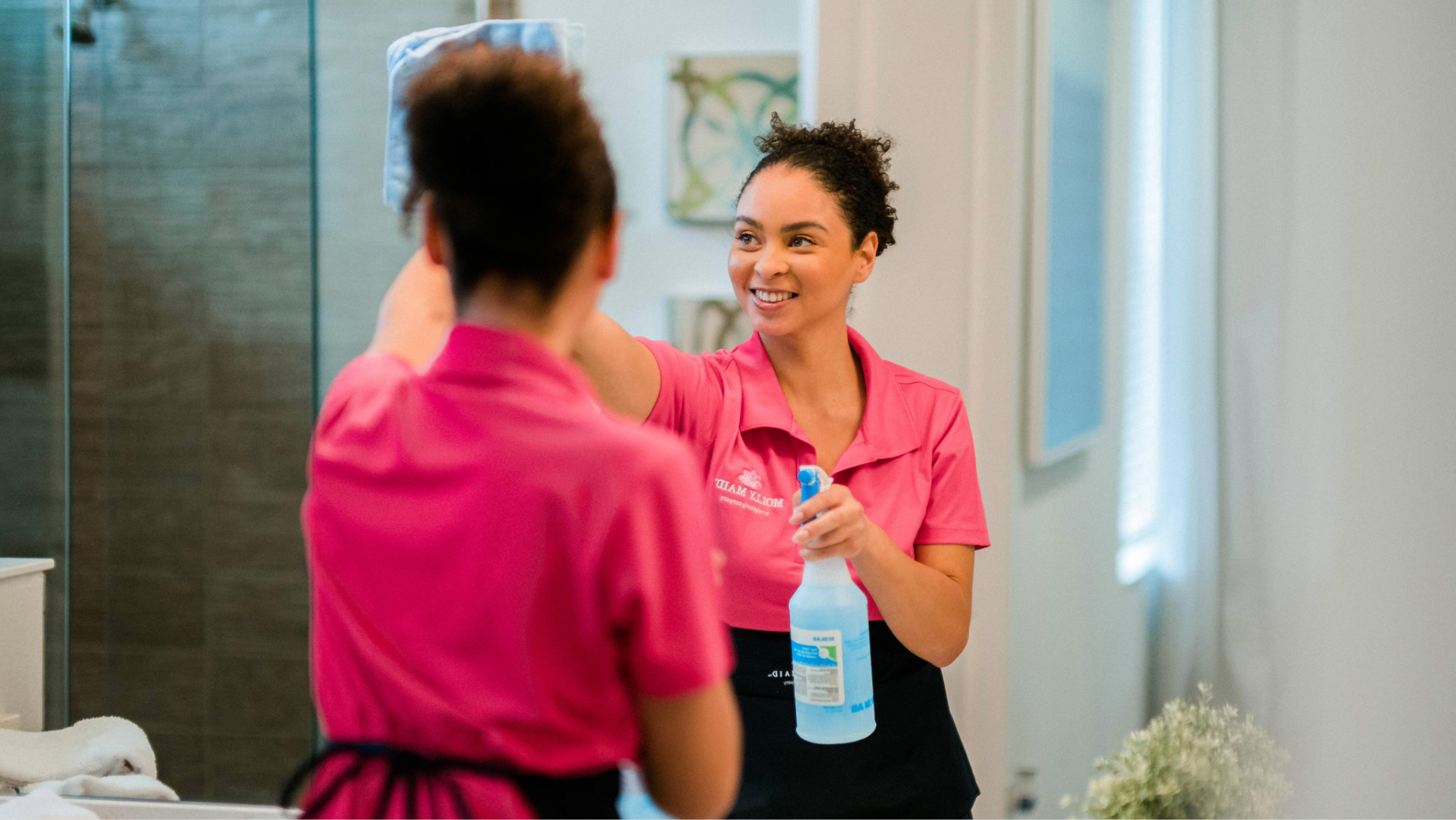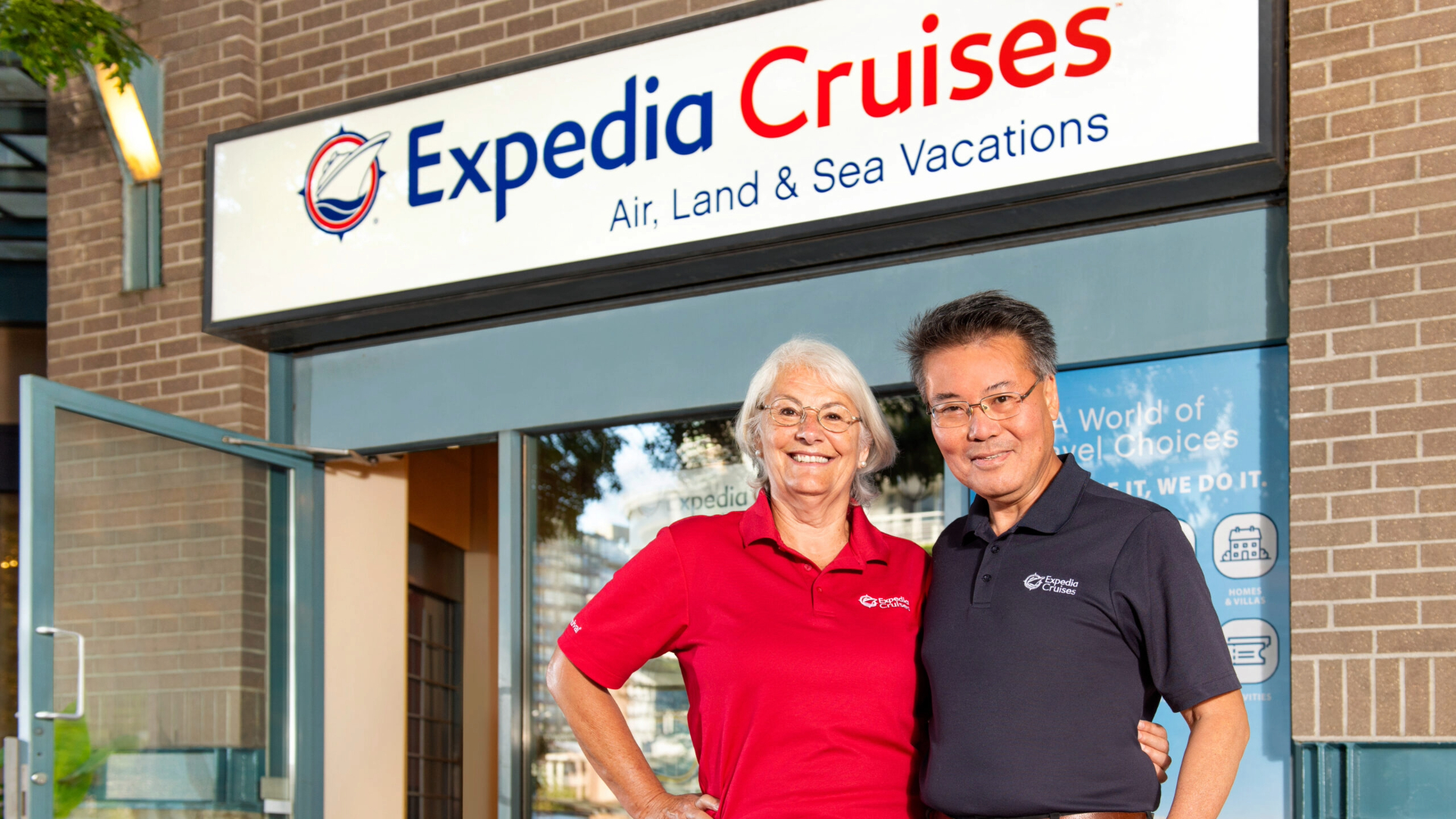Roofs age, storms strike, and licensed roofing contractors stay in demand across every region and season. If you’re researching roofing franchise opportunities with a modern edge, Bumble Roofing is designed to stand out. Its model emphasizes tech-enabled estimating, a home-based launch strategy, and subcontractor installation, giving owners a leaner path into an essential-services industry.
According to the current Franchise Disclosure Document (FDD), the estimated initial investment to open a Bumble Roofing franchise ranges from $171,998–$313,834, which includes a $49,500 franchise fee. This estimate comes from the Item 7 investment table. Ongoing fees such as royalty and marketing contributions apply; always review the most recent FDD for exact percentages, thresholds, and terms
This article walks through:
- A detailed breakdown of startup costs (Item 7).
- The Bumble Roofing operating model and daily responsibilities of franchisees.
- Training, support, and technology provided at launch.
- Brand ownership and background.
This article is sponsored by Bumble Roofing. The content has been created in partnership with the brand to provide insights into its business model and franchise opportunities.
Who Owns Bumble Roofing? The Brand Story.
Bumble Roofing was founded in 2019 with a mission to bring transparency, technology, and a customer-first approach to the roofing industry. From the beginning, the brand positioned itself as a modern alternative to traditional roofing companies, emphasizing digital tools for estimating and communication while maintaining a focus on professionalism and trust.
In its early years, Bumble Roofing set itself apart with simplified estimates, clear communication, and a business model built around leveraging subcontractor crews—allowing franchisees to focus on sales, client service, and project management. This approach not only streamlines operations for owners but also aligns with today’s consumer expectations for convenience and clarity.
The brand later became part of Empower Brands, a multi-brand home-services franchisor. This partnership gave Bumble Roofing additional strength through shared resources, marketing expertise, and vendor relationships, while still allowing the brand to keep its distinctive identity. For franchisees, this means they join a network with both entrepreneurial energy and the backing of an experienced franchisor group.
Bumble Roofing’s story is still young compared to long-standing home services giants, but its positioning—tech-enabled systems, accessible entry point, and customer-friendly approach—reflects the direction of the roofing industry today.
How Much Does It Cost to Open a Bumble Roofing Franchise?
Opening a Bumble Roofing franchise requires a total estimated initial investment of $171,998–$313,834, which includes a $49,500 franchise fee*. This range is drawn directly from the franchisor’s Item 7 estimates and reflects what it typically takes to launch under average conditions.
These figures are not guarantees or budgets; actual costs may vary depending on your market, licensing requirements, equipment strategy, and how aggressively you fund your first months of operations.
Bumble Roofing Franchise Startup Costs & Fees.
| Category | Low Estimate* | High Estimate* |
|---|---|---|
| Initial Franchise Fee* | $49,500 | $49,500 |
| Travel & Living (training)* | $2,000 | $5,000 |
| Equipment & Vehicles* | $11,598 | $79,434 |
| Online Training (NRCA)* | $250 | $250 |
| GPS Tracking Systems* | $150 | $400 |
| Insurance* | $2,000 | $20,000 |
| Computer, Phone & Tech Systems* | $3,000 | $6,000 |
| Professional Fees* | $1,000 | $5,000 |
| Office-Related Expenses* | $500 | $1,250 |
| Local Software Setup Fee* | $0 | $2,000 |
| Business Licenses & Permits* | $2,000 | $10,000 |
| Opening Advertising/Marketing* | $20,000 | $30,000 |
| Advertising/Marketing (Ongoing)* | $15,000 | $40,000 |
| Additional Funds – 3 Months* | $65,000 | $65,000 |
| Total Estimated Investment* | $171,998 | $313,834 |
What Drives the Range?
Several variables explain why some owners spend toward the low end while others invest more:
- Vehicles & Equipment – Leasing versus purchasing, wrap/graphics, optional tools (e.g., drones) significantly affect upfront costs.
- Insurance & Licensing – Roofing regulations vary widely; state-specific requirements can alter both upfront and ongoing expenses.
- Marketing Spend – Launch advertising budgets can be modest or more aggressive depending on your market size and goals.
- Working Capital – The Item 7 includes three months of operating runway; the cushion you maintain may differ.
Think of Item 7 as a planning framework, not a promise. During validation, request a sample pro forma expense worksheet from the franchisor and talk with current franchisees in markets similar to yours. These conversations provide context on how others have approached budgeting, equipment, and launch strategies.
Training, Support & Technology at Bumble Roofing.
One of the most important aspects of evaluating a roofing franchise is understanding the training and support system that comes with it. Bumble Roofing emphasizes a structured approach so new owners can build confidence in both the sales and operational sides of the business.
Foundational Training.
Franchisees begin with onboarding that covers the essentials: brand orientation, product knowledge, safety practices, estimating, and project management. The training is designed to give you the tools to confidently engage with homeowners, subcontractors, and vendors from day one.
Marketing Enablement.
New owners also receive a launch marketing plan and access to a digital playbook. This includes guidance on building awareness in your territory, following brand standards, and positioning Bumble Roofing’s transparent, tech-enabled model in local markets.
Technology & Tools.
Bumble Roofing provides a technology stack that supports call handling, CRM functions, project tracking, and vendor management. Many franchisees also use digital measurement tools, such as satellite imagery, to streamline the estimating process and improve consistency in quoting.
Roofing is not just about replacing shingles—it’s a business built on logistics, safety, and customer trust. Having access to strong training, modern marketing systems, and operational technology helps reduce friction, maintain quality standards, and deliver a consistent customer experience across different territories.
What Business Model and Daily Operations Define the Bumble Roofing Franchise?
Bumble Roofing is structured as a home-based, sales-and-project-management franchise. Instead of hiring a large construction crew, owners subcontract installation to licensed and qualified roofing teams. This model allows franchisees to focus on client acquisition, estimating, scheduling, and quality oversight—while relying on trusted crews for the physical work.
A Typical Day in the Life of a Franchisee.
Running the franchise is about balancing sales, operations, and client service. Here’s how an average day might unfold:
- Lead management and consultations
Owners monitor new inquiries, follow up quickly, and book virtual or in-person roof assessments. Tools like CRM software and satellite imagery reports streamline the quoting process and improve efficiency. - Estimating and proposals
Using brand guidance and vendor resources, owners prepare clear, detailed proposals that outline options for materials, timelines, and warranty coverage. Transparency is emphasized to help build client trust. - Project coordination
Once jobs are booked, franchisees order materials through approved suppliers, schedule subcontracted crews, and monitor safety and workmanship on site. Owners may also coordinate inspections where required. - Customer communication
Clear updates keep projects on track. This includes confirming install dates, sending reminders, managing change orders, and closing jobs with a walkthrough and documentation. - Back-office and pipeline management
Franchisees spend time reviewing open jobs, managing receivables and payables, and assessing local marketing performance. Tracking these metrics helps ensure the business remains organized and positioned for growth.
What This Means for Franchise Owners.
The Bumble Roofing business model is relationship-driven and process-oriented. In the early months, new owners often dedicate more time to marketing and quoting as they build awareness in their territory. Over time, the role evolves into overseeing projects, maintaining community relationships, and managing the subcontractor network.
This operational structure allows owners to focus on growth and service quality rather than the manual labor of roofing, making it well-suited for entrepreneurs who enjoy leadership, organization, and local business development.
Who Is the Ideal Owner for a Bumble Roofing Franchise?
The Bumble Roofing franchise is designed for entrepreneurs who thrive in sales, organization, and leadership rather than swinging a hammer. Direct construction experience can help but isn’t mandatory—subcontracted, certified crews handle installation. Instead, franchisees focus on customer-facing operations, coordination, and ensuring projects meet brand standards.
Traits That Align Well with This Franchise.
- Consultative communicator – Strong listening skills and the ability to translate homeowner concerns into clear solutions.
- Organizer and scheduler – Coordinating subcontractors, inspections, and material deliveries requires structured planning.
- Quality-minded leader – Owners ensure work is completed to brand and safety standards, which directly impacts customer satisfaction.
- Tech-comfortable – Daily operations use CRM systems, quoting software, GPS tools, and dashboards for efficiency and transparency.
- Community builder – Networking with realtors, property managers, and restoration professionals strengthens referral pipelines.
How the Role Evolves Over Time.
In the early stages, most of your time will be spent on local marketing, lead generation, and quoting projects. As your business gains traction, the focus naturally shifts toward managing capacity, overseeing subcontractor quality, and nurturing referral partnerships. This evolution allows owners to transition from building awareness to scaling a reputation for professionalism and reliability.
FAQ: Bumble Roofing Franchise
How much does it cost to open a Bumble Roofing franchise?
The estimated initial investment is $171,998–$313,834*, which includes a $49,500* franchise fee. Always rely on the most current Franchise Disclosure Document (FDD) for details.
What kind of franchise is Bumble Roofing?
Bumble Roofing is a home-based roofing services franchise that uses a subcontractor installation model, while the franchisee manages estimating, scheduling, and customer care.
Who owns Bumble Roofing and when was it founded?
Bumble Roofing was founded in 2019 and is part of Empower Brands.
What training and ongoing support are provided?
The franchisor provides onboarding in sales, operations, safety, and systems, plus marketing resources and continuing field support.
What makes Bumble Roofing different from similar franchises?
Bumble Roofing offers a home-based launch, household-based territory model, and satellite-assisted quoting, backed by support from a multi-brand franchisor.
Is Bumble Roofing the Right Fit for You?
Deciding whether Bumble Roofing aligns with your entrepreneurial goals comes down to fit. This franchise tends to suit owners who are comfortable with consultative sales, project coordination, and structured processes. The model emphasizes a home-based launch, tech-enabled estimating tools, and centralized franchisor support, which can simplify operations compared to starting a roofing company independently.
At the same time, success depends on local factors. Owners must navigate licensing requirements in their state, build relationships with dependable subcontractors, and stay consistent with local marketing execution to drive awareness and credibility in their territory.



